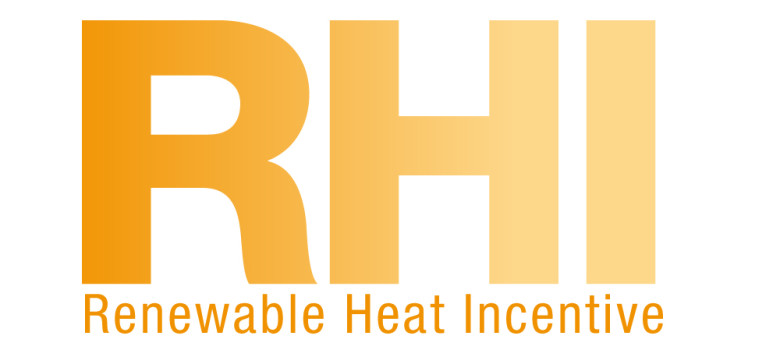The latest RHI reforms for Domestic and Non-Domestic have successfully passed through Parliament and came into effect on 22 May 2018. This results in changes to both Non-Domestic and Domestic RHI schemes in Great Britain.
These regulations introduce a number of changes and new policies including tariff guarantees and shared ground loops. They will also introduce changes to eligible heat uses which were announced in the January 2018 government response.
Tariff guarantees will be available for biomass CHP, geothermal and biomethane applications of all sizes, as well as for biomass over 1MWth, biogas over 600kWth and ground source heat pumps and water source heat pumps over 100kWth. Also from the date the regulations come into force, applications submitted for a system where a ground loop is connected to two or more heat pumps, will be classified as a shared ground loop system.
The reform acceptance means that the RHI biogas combustion tariff will revert to the higher October and December 2016 levels. An extremely positive step for the biogas producing technologies.
In addition to the RHI reforms, there are also the changes in the Feed in Tariffs (FITs) that came into force last year surrounding the feedstock restrictions to comply with the sustainability criteria to consider.
Where the electricity generated from biogas not derived from feedstocks classified as wastes or residues exceeds 50% of the total biogas yield (by energy content), the installation will not be entitled to FIT generation payments relating to that payment year for the proportion in excess of 50%.
These regulations and reforms have been well received at Alchemy as they all point towards systems that can process 100% waste feedstocks. The Alchemy TD has been specifically designed to do this, and to be able to process wastes that would otherwise be avoided (e.g. chicken litter).
Whilst Government Incentives are an important mechanism to encourage the uptake of renewable technologies, at Alchemy we believe it is important that systems can stand up economically on their own without the reliance on subsidies. The development of our Alchemy TD system has focussed on the processing of difficult wastes, that can cost to remove, and the production of high quality fertiliser at the back end of digestion. The potential revenue from these elements move us away from reliance on subsidies. The available incentives are a cherry on top of the attractive financials for the Alchemy TD.


Recent Comments